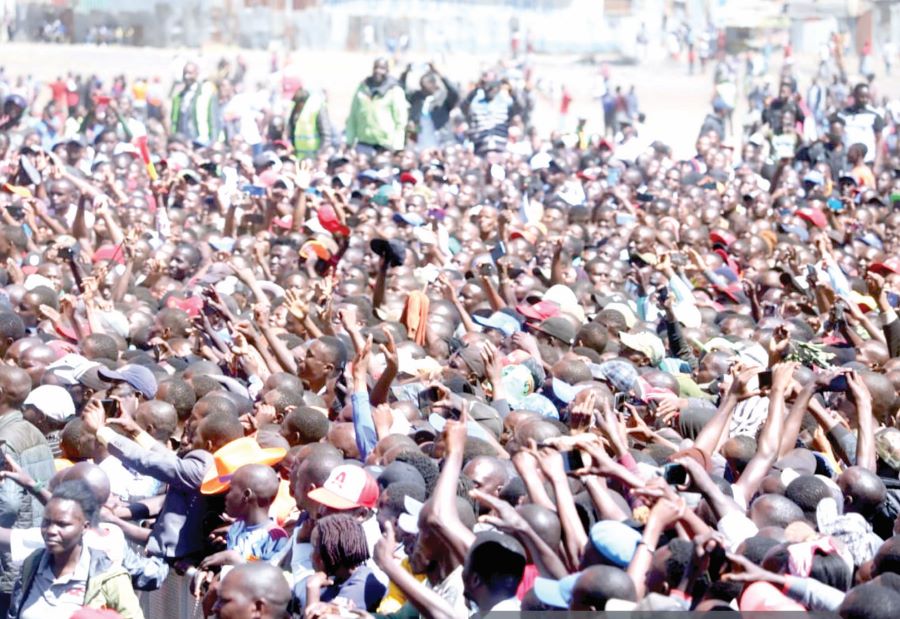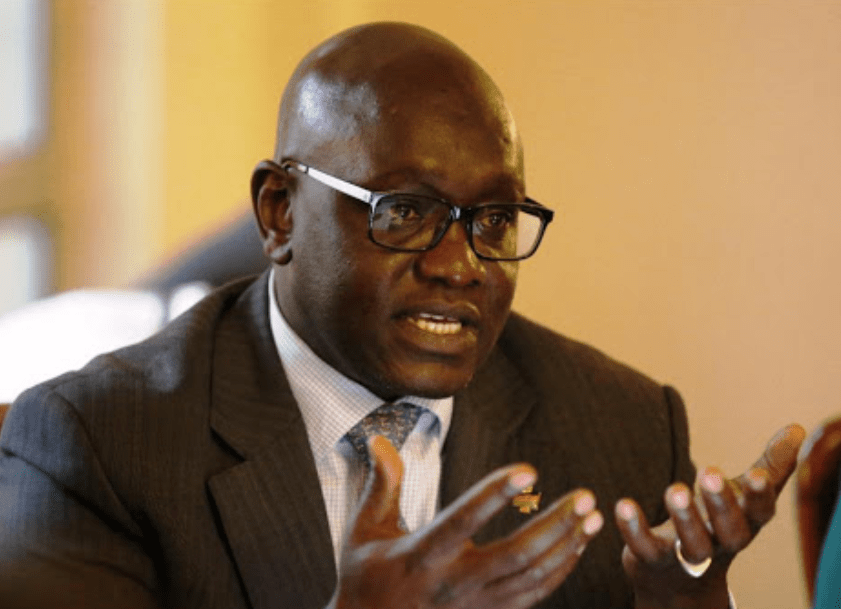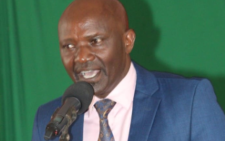Does politics work for us or do we work for politics?

Kenya’s political landscape is interesting. As soon as one election cycle concludes, another swiftly commences, marked by realignments, alignments, and the emergence of new political parties.
The big question is does politics work for us or do we work for politics?
Our relationship with politics can be seen as a complex interplay of power dynamics. One could argue that politics works for us, as it is meant to be a system that represents and serves the interests of the people.
However, the reality portrays a different story, where citizens find themselves working for politics rather than the other way around. Corruption, nepotism and inefficient service delivery are just some of the issues that plague Kenyan politics.
Consider, for a moment, whether we have a clear grasp of our nation’s overarching vision. What are the key priorities that should guide our collective efforts? Regrettably, it appears that a significant portion of our population is caught up in an exhausting rat-race for mere survival.
Politics in Kenya has evolved into a powerful force that affects the lives of residents. It has an impact on both our leaders’ actions and the policies that govern our country. However, it is critical to evaluate if politics serves the greatest interests of the people or if we have become pawns in an endless game.
The ongoing cycle of politics every weekend by politicians and the rise of new political parties in every region can lead to public disenchantment. It’s good to politic, but, there is time for everything. It is critical to demand a political environment that prioritizes the needs and ambitions of the people over the interests of a small few.
Political leaders are supposed to be accountable to their constituents and work towards improving their lives through policies and development projects. Unfortunately, this ideal often gets lost in the pursuit of personal gain and power struggles among politicians.
As citizens, we desire a political system that genuinely represents our voice and addresses our needs. We need politics that matter, politics that will drive the agenda as a trailblazer during the fourth industrial revolution.
It is essential for us to remain engaged in the political processes by holding politicians accountable and demanding transparency in governance if we aspire to reverse this dynamic and ensure politics truly works for us.
Political leaders must prioritize the welfare and interests of the people above everything else. Governance should be based on principles of meritocracy and strict adherence to legal frameworks.
In light of this, Kenyan politics has the potential to profoundly shape the country’s development in the fourth industrial revolution. As technology continues to advance at an unprecedented pace, it is crucial for Kenya’s political landscape to embrace and adapt to these changes.
A proactive approach from policymakers in encouraging digital transformation, investing in research and development, and creating an enabling environment for innovation can accelerate Kenya’s progress towards becoming a digital powerhouse in Africa.
By implementing effective policies that promote entrepreneurship, education, and skills training, politicians can equip their citizens with the necessary tools to thrive in the digital age.
Leaders must also prioritize bridging the digital divide by ensuring equitable access to technology and internet infrastructure across rural areas. The future is not necessarily brick and mortar.
By doing this, Kenyan politics can play a transformative role by leveraging the fourth industrial revolution as a catalyst for economic growth, employment creation and social empowerment.
Political leadership should be centered on benefiting citizens through robust governance structures supported by ethical principles.
What we want as Kenyans is to align effectively with the fourth industrial revolution, export tons of value-added agricultural products, our institutions of learning excelling globally and working health care facilities, among other fetes.
—The writer is an Innovations Evangelist and a PhD Candidate —machariamuhoho@gmail.com












